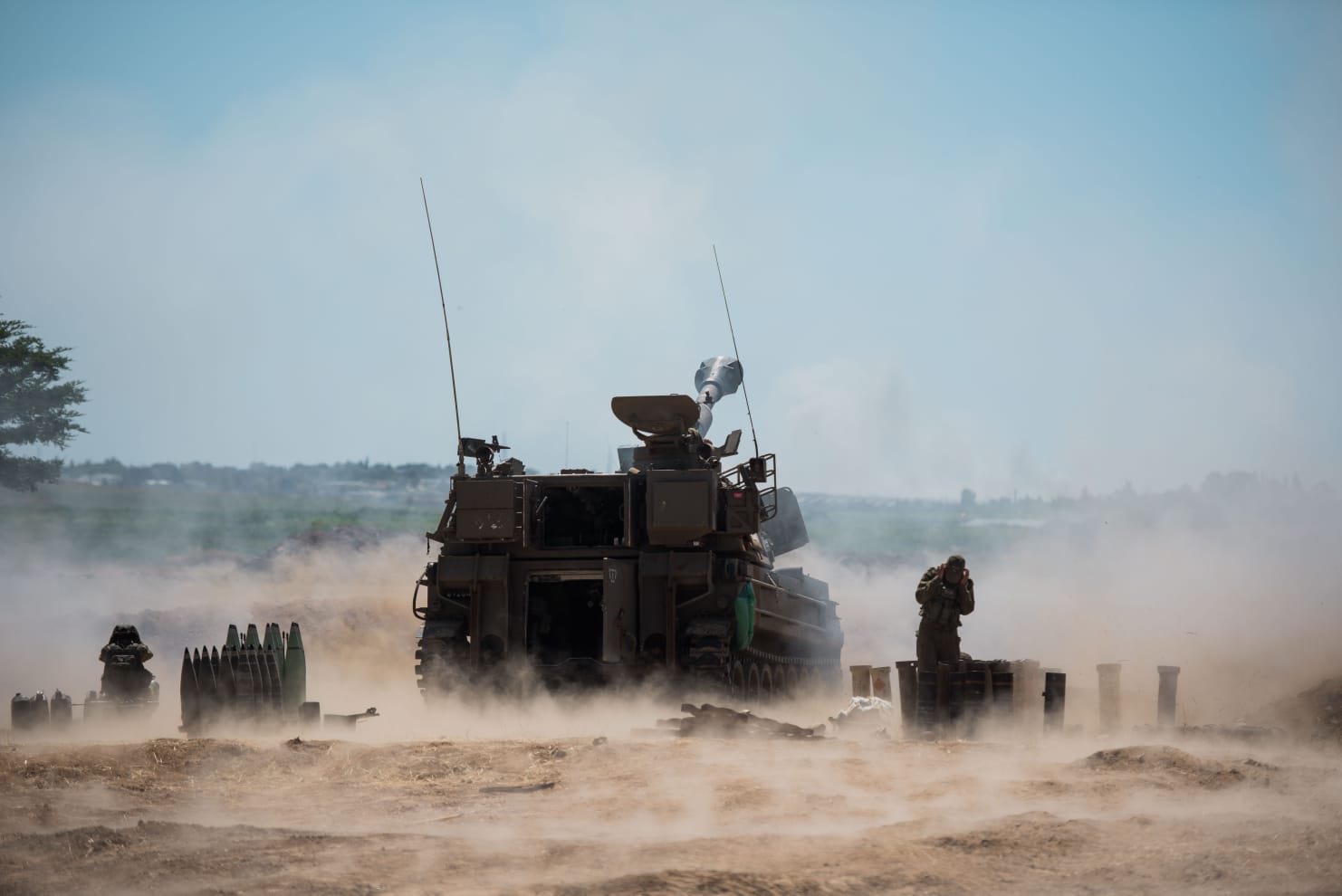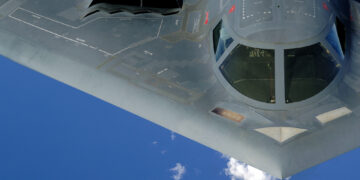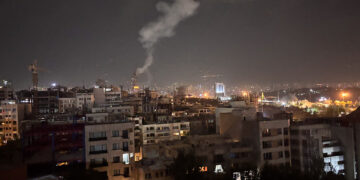May 7, 2024
The implications of an Israeli assault on Rafah are horrible

At the time of writing, the cease-fire talks between Israel and Hamas are boiling in a cauldron of disinformation. After CIA Director William Burns flew to Doha, Qatar, over the weekend in a last-minute stop to prod the two sides to keep talking, Hamas announced that it accepted a cease-fire proposal presented to the group earlier in the week. Israel responded immediately, saying that the proposal Hamas agreed to was a significant watering down of what Israel could tolerate.
The entire monthslong process has been about as tiresome as trying to jam a round peg into a square hole. Even committed mediators will find it hard, if not impossible, to do their jobs if the two sides refuse to budge from their bottom-line positions.
Whether the truce talks succeed or officially fall apart, Israeli Prime Minister Benjamin Netanyahu has been clear that Israel will eventually send its forces into Rafah to root out what remains of Hamas’ organized battalions. The only question was when an Israeli offensive would begin. If Israeli negotiators aren’t able to come to an agreement with Hamas, as looks increasingly likely, the operation would proceed faster than usual.
On Monday, Israel’s military issued a directive to 100,000 Palestinians in eastern Rafah to evacuate to safer ground. Of course, the term “safer ground” is oxymoronic at this point. There is no safe place in Gaza, and so-called safe zones have been bombed by Israel on multiple occasions during the war. Most Palestinians will likely adhere to the evacuation calls, while others will stick around and take their chances after having to move two, three or even four times over the last seven months.
More on Middle East

By Jennifer Kavanagh and Dan Caldwell
June 28, 2025

By Rosemary Kelanic and Jennifer Kavanagh
June 25, 2025

Featuring Rosemary Kelanic
June 25, 2025
Events on Israel-Hamas






